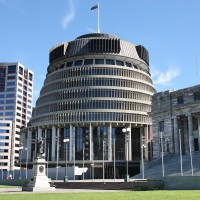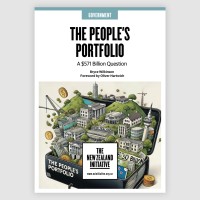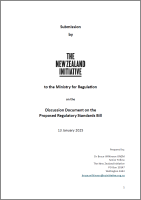The Platform: Dr Bryce Wilkinson on the Regulatory Standards Bill
Dr Bryce Wilkinson talked to Sean Plunket on The Platform about the Regulatory Standards Bill, explaining why the legislation is necessary despite seeming redundant. Dr Wilkinson argued that the bill elevates essential regulatory principles to a higher statutory status, ensuring government accountability and protecting individual rights by providing a check against potentially oppressive legislation. Read more











